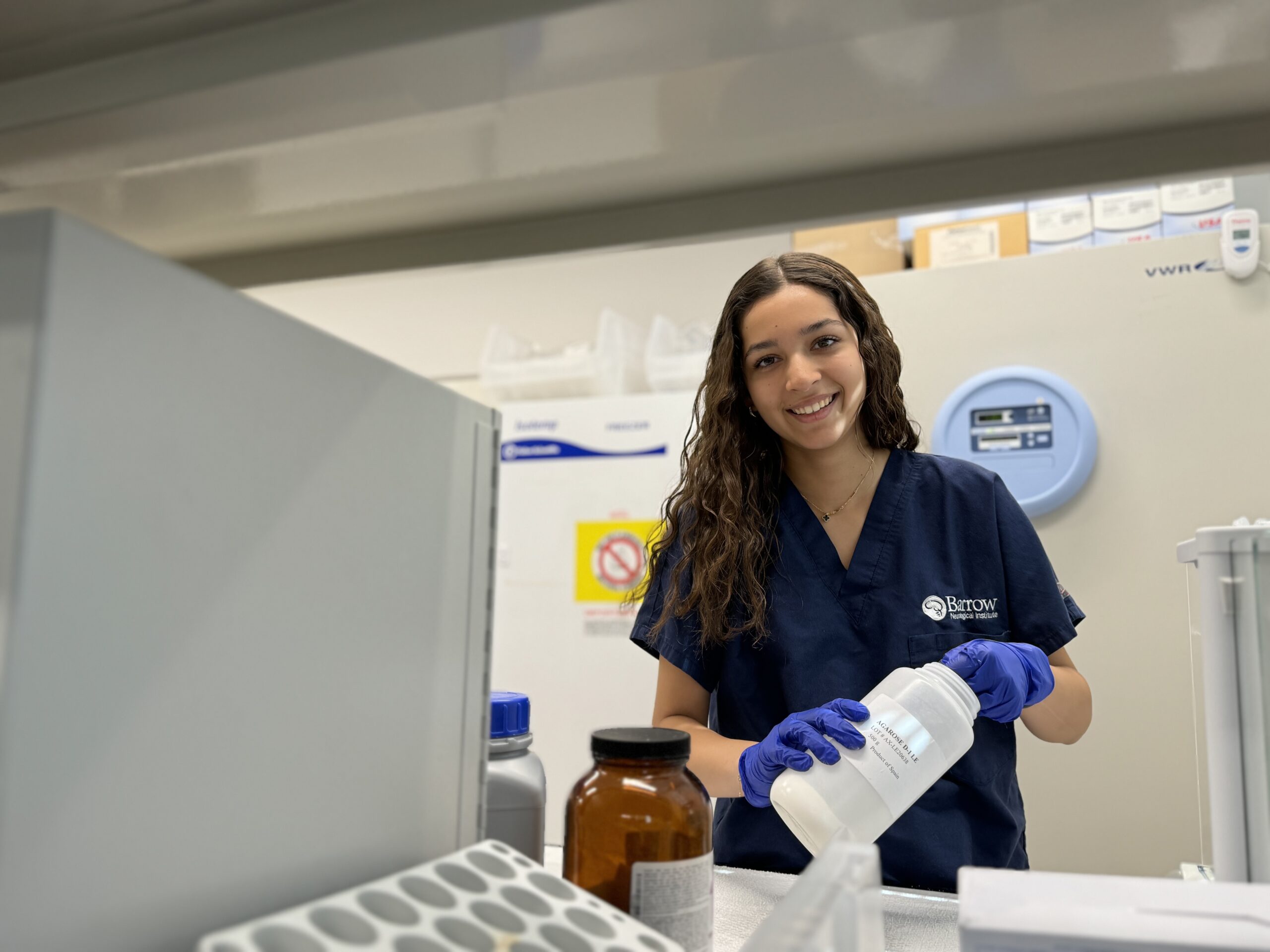Stories
Life-Changers
Meet the donors who make Barrow’s mission of saving lives possible.
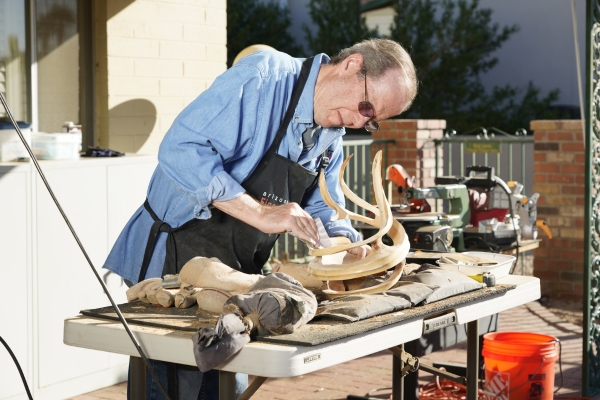
A Life Reclaimed After a Parkinson’s Disease Diagnosis
Creating wood carvings has been Bill’s greatest passion for the last 12 years, and what he intended to do for the rest of his life....
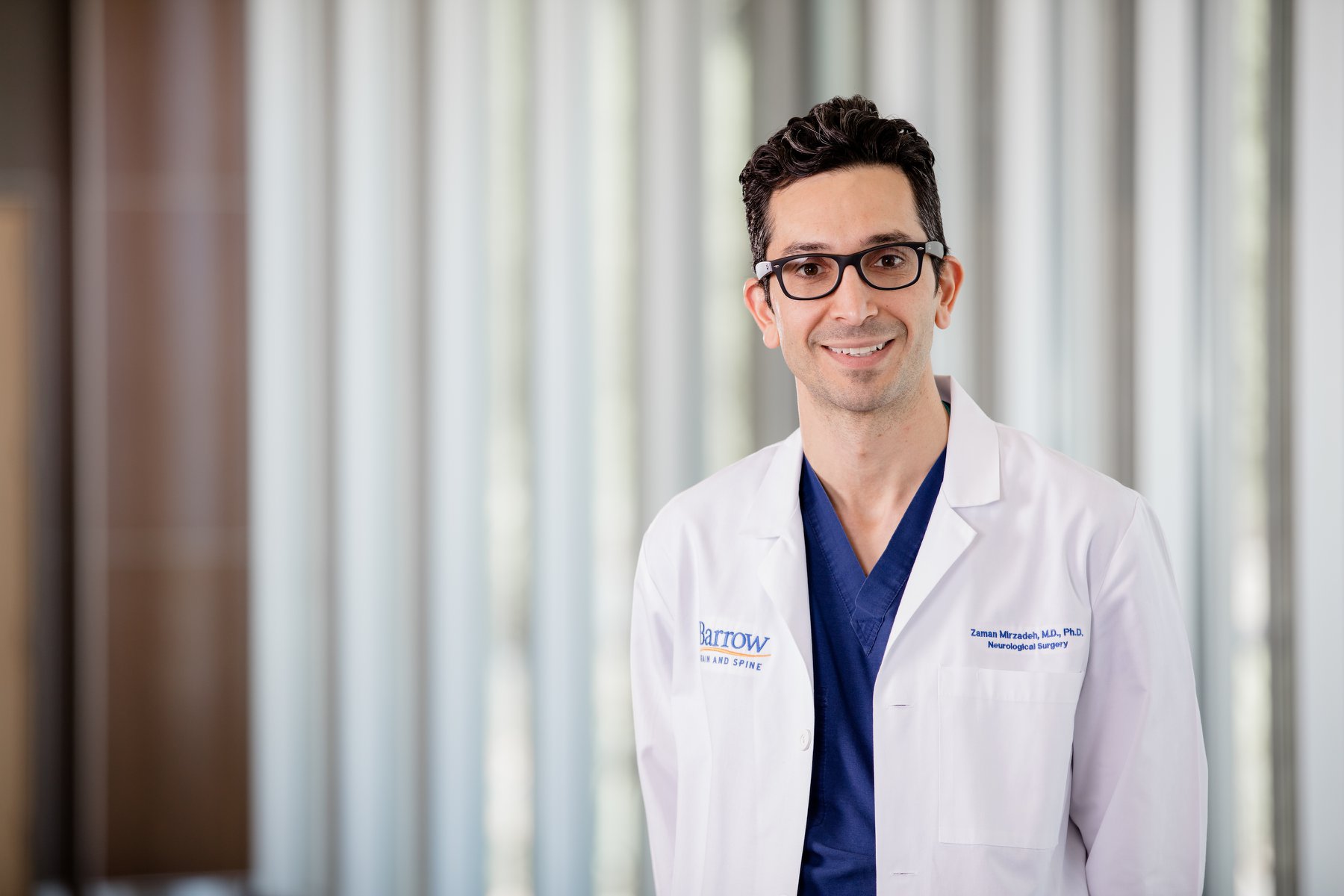
Coming Back Stronger Than Ever After Brain Surgery: Laird’s Story
When Laird Vernon began volunteering at Western Spirit: Scottsdale’s Museum of the West almost ten years ago, he never imagined that it would lead to...
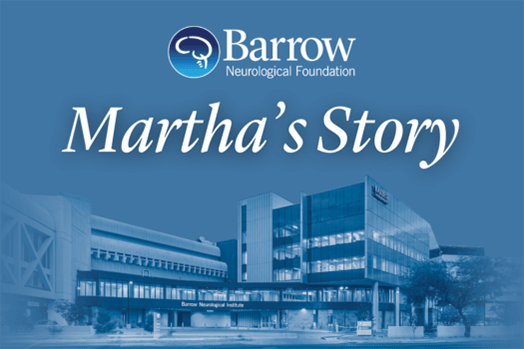
Finding Care and Comfort Amidst a Dementia Diagnosis
The day I married my husband, Bill, was the happiest of my life. The future seemed wide open, with endless possibilities ahead. We made five,...
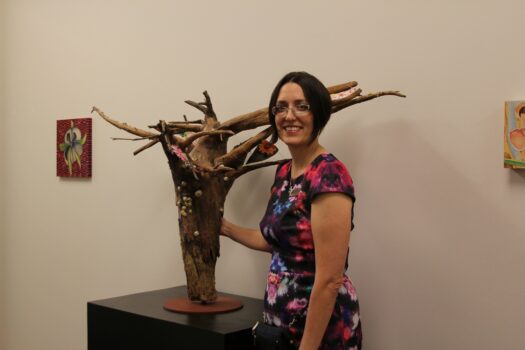
Arizona Artist Discovers the Art of Healing After Brain Tumor Surgery
Bonnie Hill-Dowdy has always used art to express her thoughts and emotions and to reflect on her experiences. Over the years, the Arizona artist...

Rapid Treatment Saves Husband’s Life After Brainstem Stroke
When it comes to stroke, time is of the utmost importance. Minutes, or even seconds, could be the difference between suffering from life-altering deficits and...
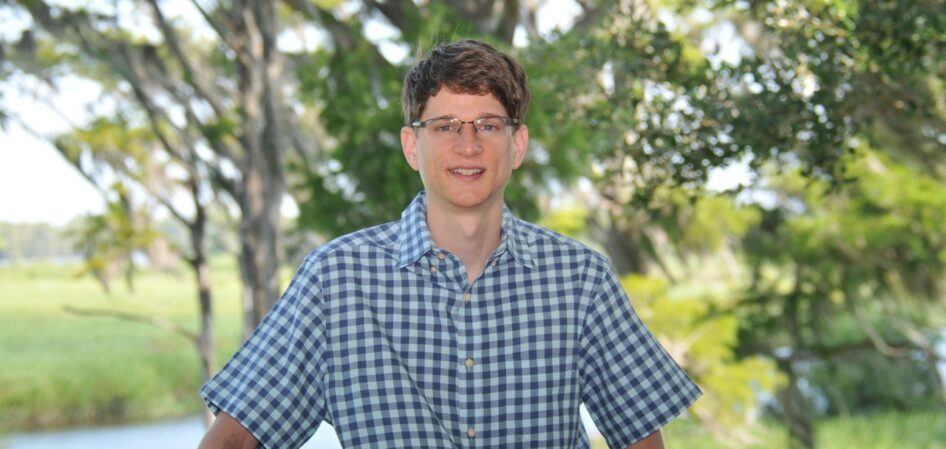
Barrow Preserves a Young Translator’s Language Abilities in a High-Stakes AVM Surgery
Ever since he can remember, Kristopher Brame has loved language. As he got older, Kris found that he had an affinity for learning different...
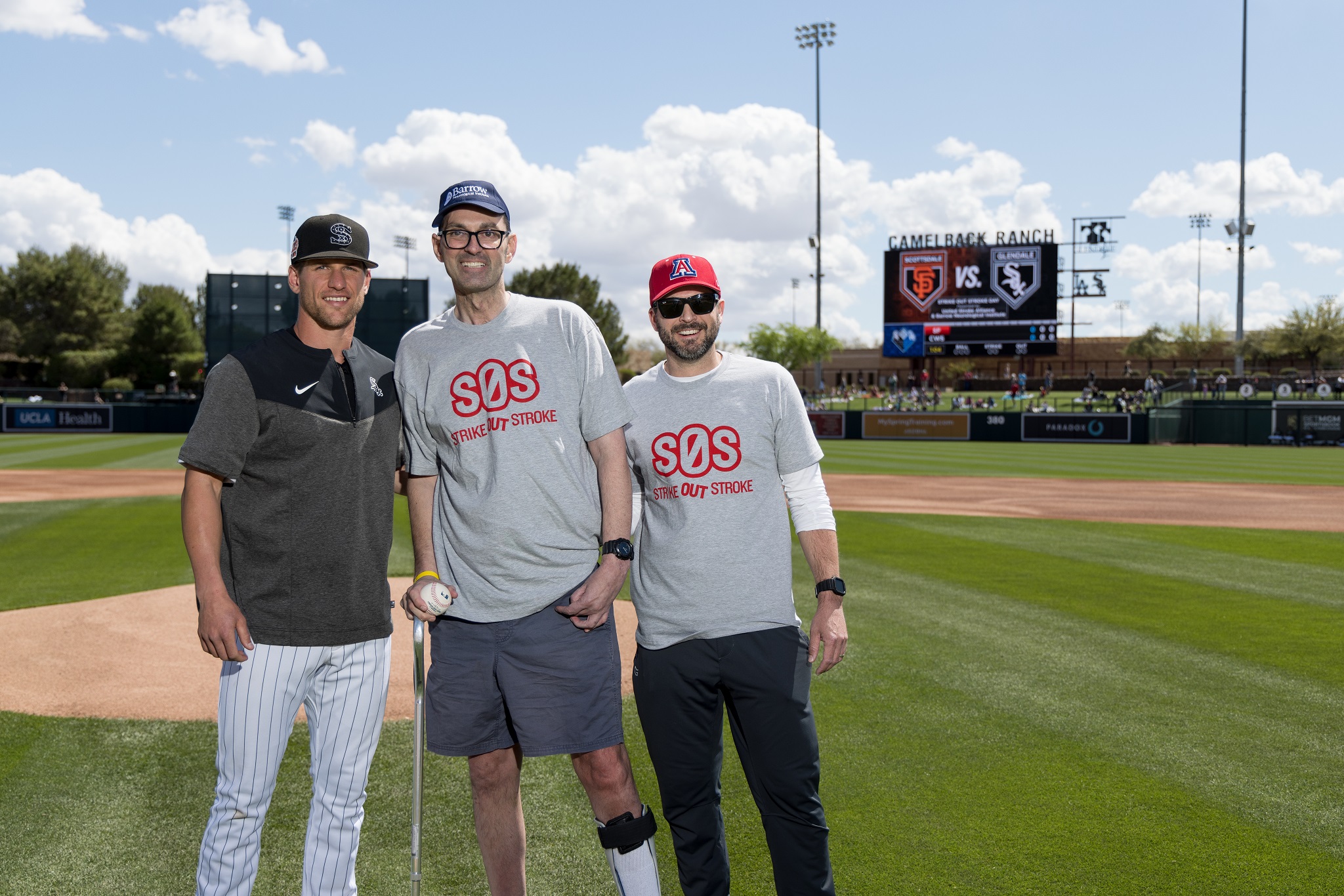
Dave’s Inspiring Recovery After Waking Up From A Coma After Stroke
I remember waking up to a blinding white light. There were sounds all around me, but I couldn’t make them out. As I came to,...

An Extreme Athlete Gains His Life Back After Spine Surgery at Barrow
For Jim Weatherly, the sky’s always been the limit. The Milwaukee native approached everything he did in life with passion and enthusiasm – and he...

